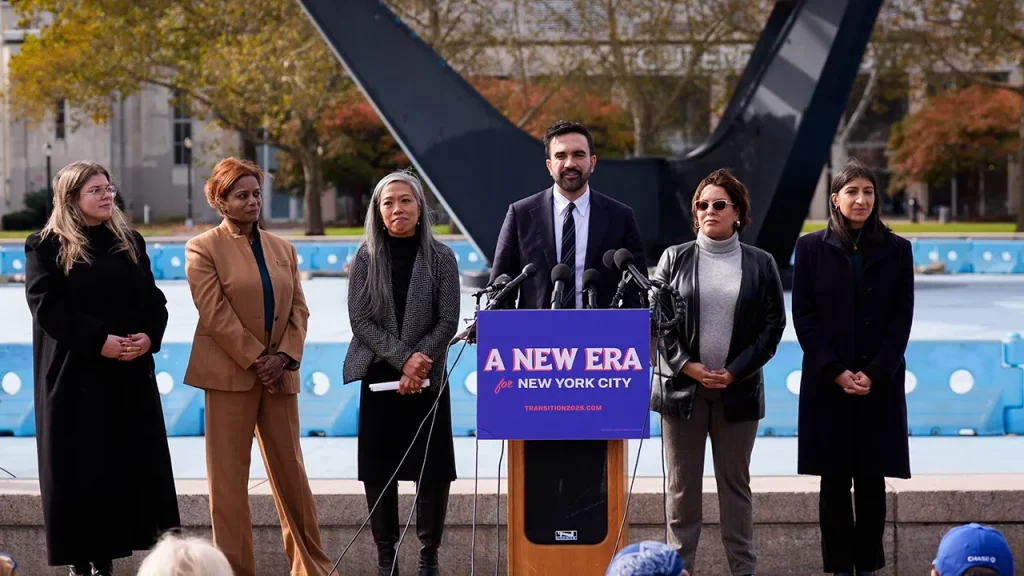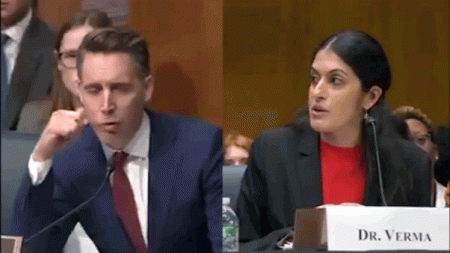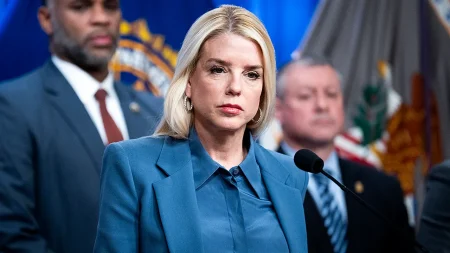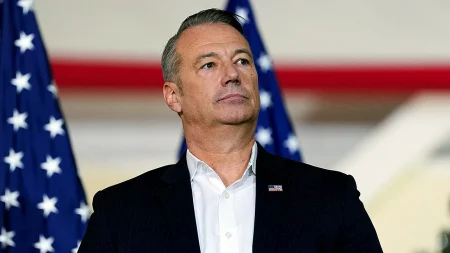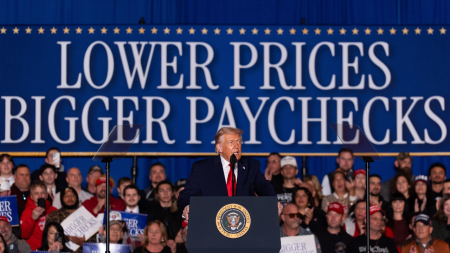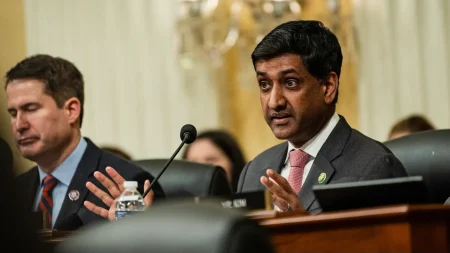From Revolutionary Rhetoric to Establishment Ties: Mamdani’s First 24 Hours as NYC Mayor-Elect
In a stirring victory speech at Brooklyn Paramount theater Tuesday evening, newly elected New York City Mayor Zohran Mamdani promised a clean break from the city’s political establishment. “Let tonight be the final time I utter [Andrew Cuomo’s] name, as we turn the page on a politics that abandons the many and answers only to the few,” declared Mamdani, who defeated both former Governor Cuomo and Republican Curtis Sliwa in the mayoral race. His fiery rhetoric aimed squarely at what he characterized as a corrupt system where elected officials prioritize “their own enrichment” over the needs of ordinary New Yorkers. “We refuse to let them dictate the rules of the game anymore,” Mamdani told cheering supporters. “They can play by the same rules as the rest of us.”
Yet less than 24 hours after these bold proclamations of political revolution, Mamdani announced a transition team that raised eyebrows for its deep connections to the very establishment he had just denounced. His all-female leadership team includes Maria Torres-Springer, who served in senior positions under three consecutive mayors—Michael Bloomberg, Bill de Blasio, and Eric Adams; Melanie Hartzog, a former deputy mayor under de Blasio; and Grace Bonilla, who held positions in both the Bloomberg and de Blasio administrations. Elana Leopold, another de Blasio veteran, was appointed as the transition team’s executive director. Perhaps most notably, Mamdani tapped Lina Khan, chair of the Federal Trade Commission under President Biden, as a co-chair of his transition effort.
This apparent contradiction between Mamdani’s anti-establishment rhetoric and his early staffing decisions has drawn sharp criticism from political opponents. Republican strategist Colin Reed didn’t mince words: “The polls have barely closed and already the incoming mayor is breaking one of his core promises to shake up the status quo and usher in a new day.” Reed specifically raised concerns about Khan’s inclusion, characterizing her as “synonymous with hostility toward businesses large and small” and “one of the ringleaders of Bidenomics.” Under Khan’s leadership, the FTC has pursued an aggressive antitrust agenda and has been accused of sidelining career staff in favor of individuals from nonprofit organizations that share her regulatory philosophy.
Mamdani’s victory has also highlighted the influence of progressive donors in New York City politics. Alex Soros, who succeeded his father George Soros as chair of the Open Society Foundations, celebrated Mamdani’s election win. This support follows reports that the Open Society Foundations donated approximately $37 million over the past decade to left-wing groups that ultimately backed Mamdani’s candidacy, including the influential Working Families Party. The Soros connection provides further ammunition to critics who question whether Mamdani’s administration will truly represent the break from establishment politics that his campaign rhetoric suggested.
The tension between Mamdani’s campaign promises and his initial actions as mayor-elect reflects a broader pattern in progressive politics, where outsider candidates often find themselves navigating compromises once faced with the practical realities of governance. As a state assemblymember who ran as the Democratic candidate, Mamdani successfully positioned himself as a fresh alternative to both the Republican option and the controversial former governor. His victory speech emphasized solidarity with ordinary New Yorkers against corporate interests and political elites who have “betrayed” the city. Yet his immediate turn to experienced administrators from previous Democratic administrations suggests an acknowledgment that governing New York City requires specialized expertise.
As Mamdani prepares to take office, New Yorkers will be watching closely to see whether his administration truly represents the political revolution he promised or whether it will ultimately resemble previous Democratic administrations with a more progressive veneer. The composition of his transition team has already sparked debate about whether meaningful change is possible within the existing political framework of America’s largest city. For Mamdani, the challenge will be balancing the transformative expectations he has created with the practical requirements of running a complex metropolitan government—all while maintaining the trust of voters who believed his promises to “turn the page” on politics as usual.





